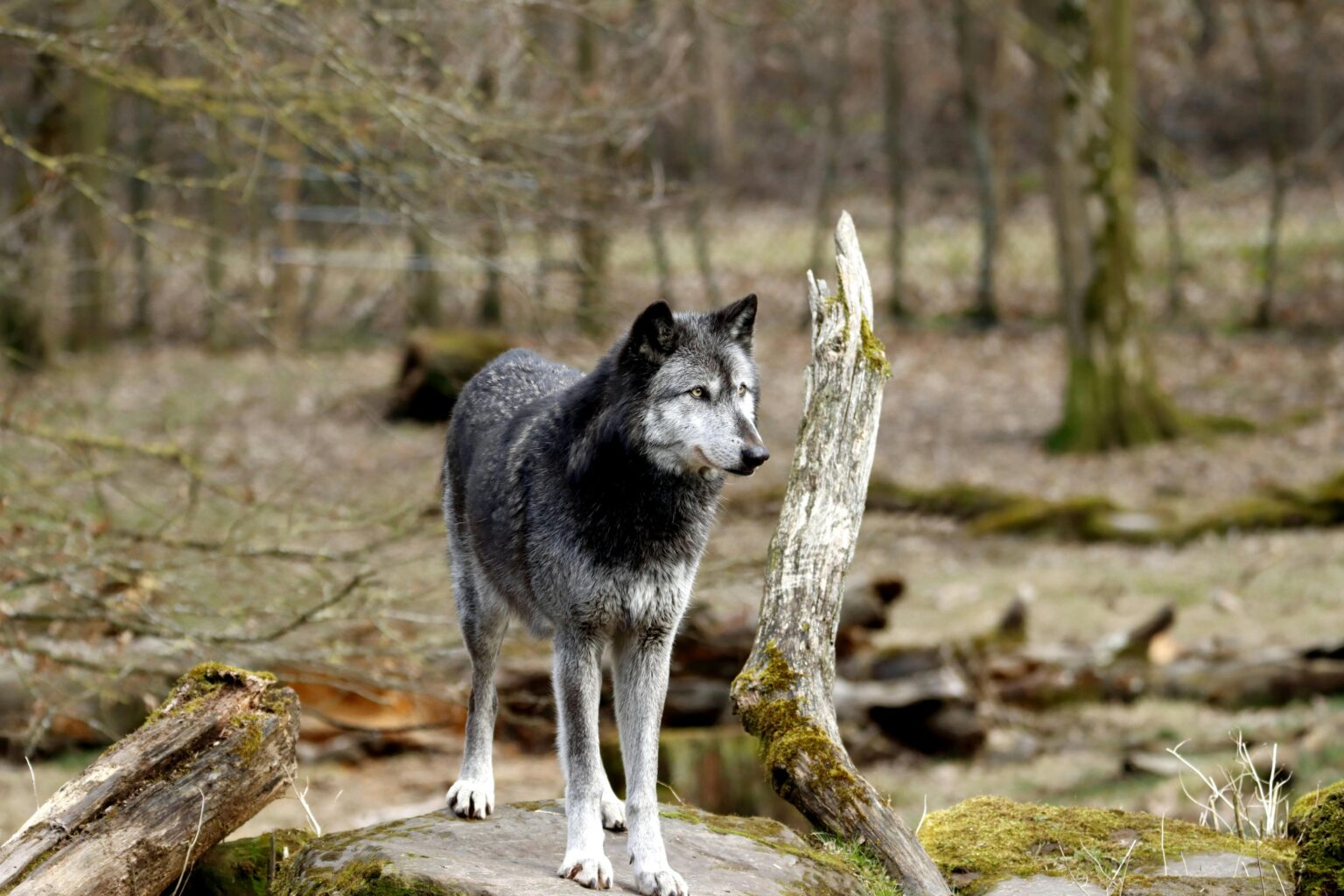Wolfdogs are captivating creatures that bridge the gap between domestic dogs and their wild ancestors, the gray wolves. These hybrids are born from the mating of a domestic dog (Canis familiaris) with a gray wolf (Canis lupus), eastern wolf (Canis lycaon), red wolf (Canis rufus), or even an Ethiopian wolf (Canis simensis). Let’s delve into the intriguing world of wolfdogs!
Admixture and Origins
- Admixture occurs when genes from different species mix, resulting in unique offspring. Wolfdogs are the product of such admixture between dogs and various subspecies of gray wolves.
- In Europe and North America, admixture happens in the wild due to overlapping ranges between wolves and dogs. Human impacts and persecution have led to declining wolf populations, making these hybrid encounters more common.
- Wolfdogs are also intentionally bred in captivity for various purposes.
- Interestingly, admixture has occurred historically between dogs and other North American wolf species, such as the eastern timber wolf and red wolf. However, distinguishing dog genes from gray wolf genes in these species can be challenging due to historical overlaps with coyotes.
- In the Ethiopian Highlands, hybrids between dogs and Ethiopian wolves have been discovered, likely originating from interactions between free-roaming feral dogs and isolated Ethiopian wolves1.
Recognized Wolfdog Breeds
Two wolfdog breeds are officially recognized by the Fédération Cynologique Internationale (FCI):
- Czechoslovakian Wolfdog: Bred in Czechoslovakia during the mid-20th century, this breed combines a dog’s loyalty with a wolf’s wild instincts. They excel in agility and make devoted companions.
- Saarloos Wolfdog: Named after its creator, Dutch breeder Leendert Saarloos, this breed results from crossing a German Shepherd with a European wolf. Saarloos Wolfdogs are intelligent, and strong, and require experienced owners.
Health, Temperament, and Behavior
- Wolfdogs inherit traits from both parents. Their health and behavior can vary widely.
- Health: Wolfdogs may face genetic health issues due to their hybrid nature. Regular veterinary care is essential.
- Temperament: They exhibit a mix of dog-like loyalty and wolf-like independence. Socialization and training are crucial.
- Behavior: Wolfdogs retain some wild instincts, such as territorial behavior and a strong prey drive. Secure fencing is necessary to prevent escapes.
In Popular Culture
Wolfdogs have captured our imagination through books, movies, and folklore. Their mysterious allure continues to inspire stories of adventure and companionship.
Remember, owning a wolfdog requires commitment, understanding, and responsible care. These fascinating hybrids remind us of the intricate relationship between humans, dogs, and their wild ancestors.
For more information, you can explore the Wolfdog Wikipedia page.
I hope you find this article intriguing! If you have any specific questions or need further details, feel free to ask.

